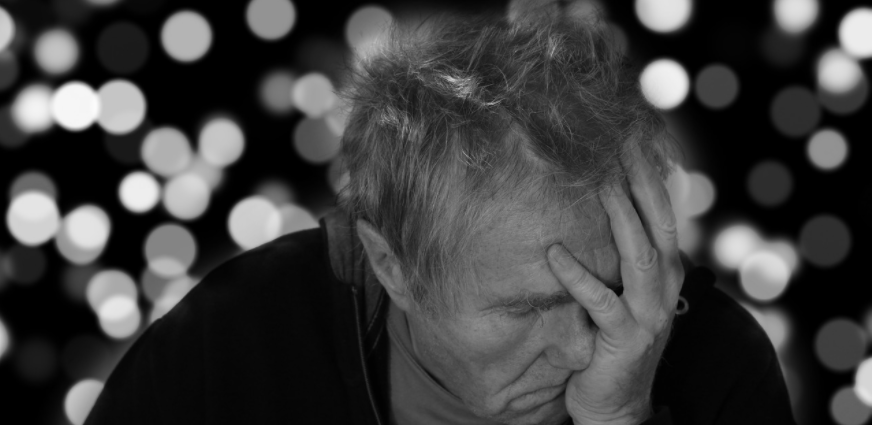|
|
Dysthymic Disorder is a similar but less severe form of Major Depressive Disorder. People who experience Dysthymic Disorder have a low mood or mild depression for a few hours to most of the day on most days. Most of the extreme symptoms exhibited in those having Major Depressive Disorder are less prominent than those observed in dysthymic disorder. For example, appetite changes, weight gain or loss, sleep problems, agitation, and extreme negativity are all less apparent than in major depressive disorder, but still present.
Only two of the major symptoms need be present however, for the depressed condition to be included in the dysthymic disorder category: poor concentration, poor decision-making ability, a low sense of personal worth or self-esteem, feelings of guilt or self-blaming, suicidal thoughts, or speaking of death frequently.
Never Really Happy
This condition often begins in childhood and teen years, and can continue for many years. The typical person with Dysthymic Disorder doesn’t believe they are sick at all. Nonetheless they go through each day in somewhat of a depressed fog, never really happy, always a bit pessimistic and cynical. We all know someone who fits this description.
Left untreated, this condition can manifest into full Major Depressive Disorder requiring serious professional help.
This report is not a diagnosis. We hope this information can guide you toward improving your life.
Review our Knowledge Base or the links displayed on this page for similar and related topics.

